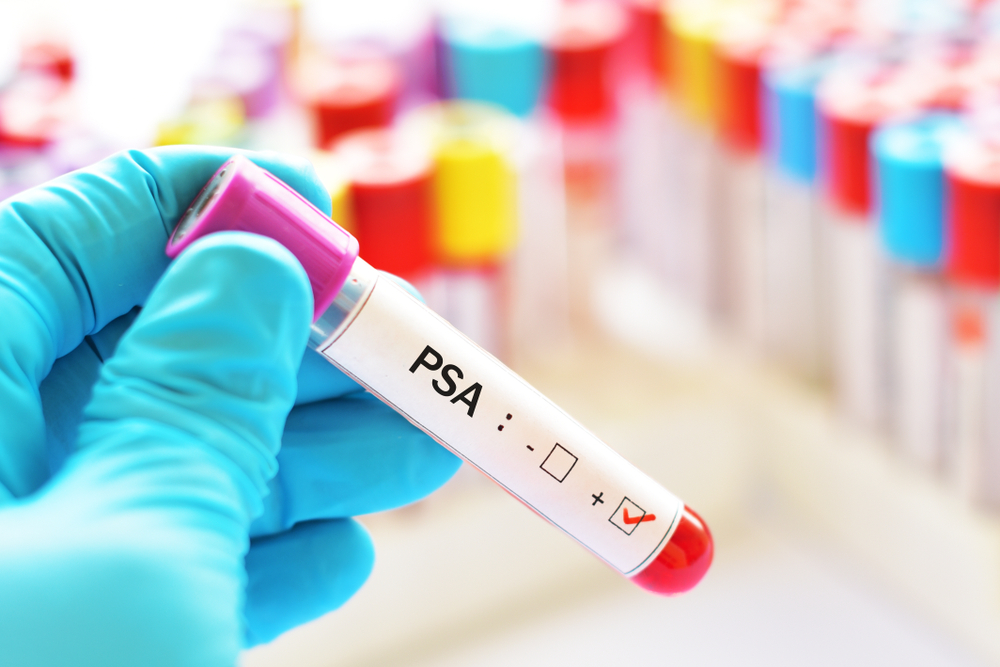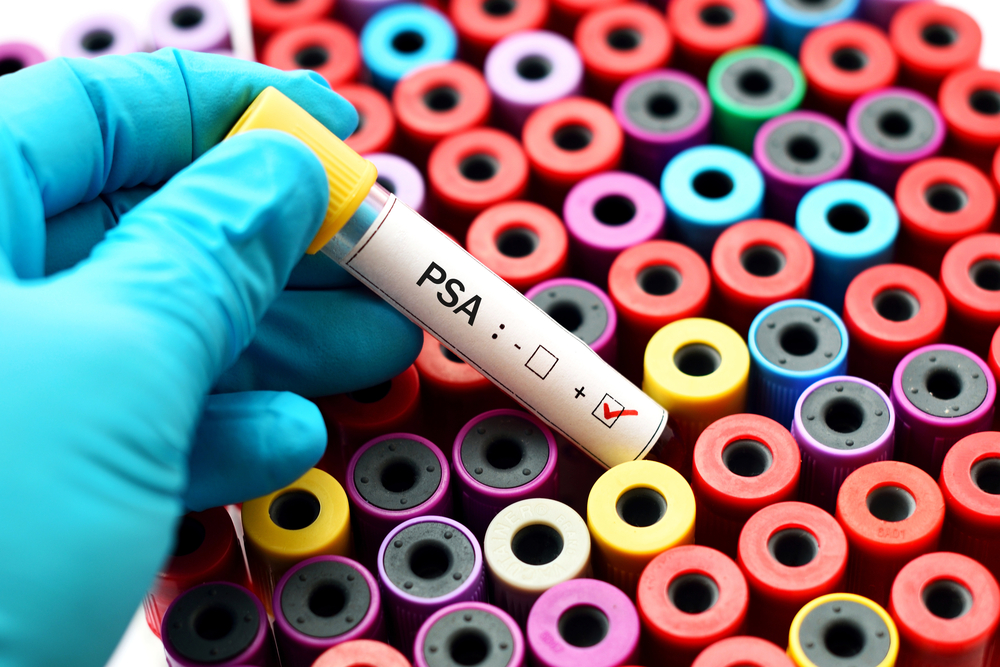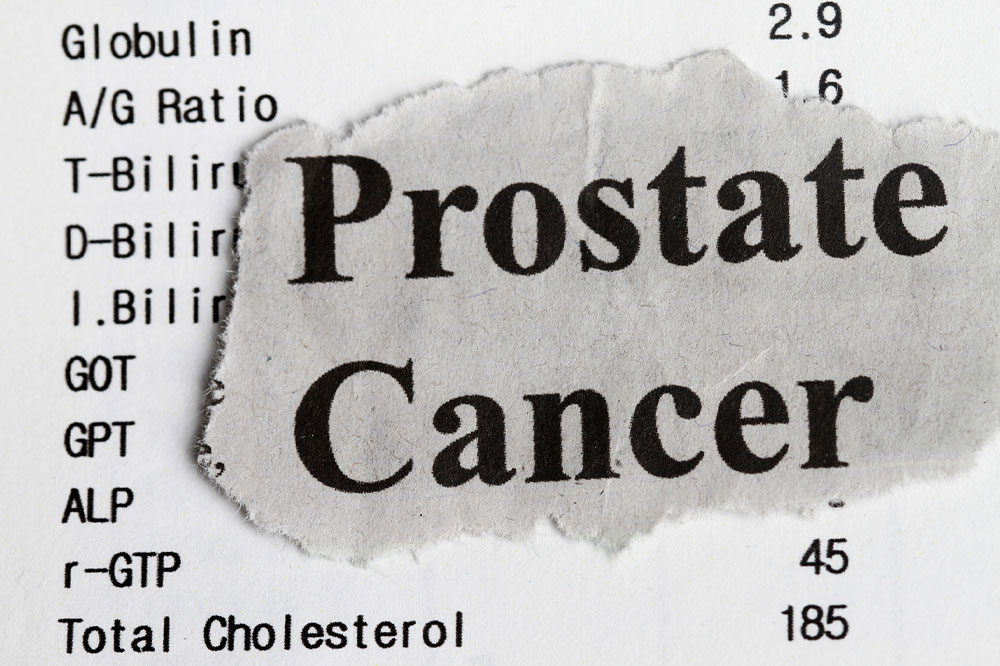Know About Psa Levels And How To Lower Them
Know about PSA levels and how to lower them
PSA is produced by the prostate glands cells and is mainly found in the semen and blood. The PSA levels are determined by the Prostate-Specific Antigen blood test, a medical examination used in the early screening of prostate cancer that helps in monitoring its treatment and assessing its recurrence. This blood test has been approved by the FDA to monitor the development of cancer among patients who have already been diagnosed with cancer.

Here is what you need to know about high PSA levels.
What is the accuracy of a PSA test?
- PSA is not specific to prostate cancer since its levels are affected by several common conditions such as benign enlargement of the prostate and the inflammation or infection of the prostate.
- PSA levels above ten nanograms per milligram of blood indicate a higher risk, about a 50 percent chance, of developing prostate cancer. It is, however, important to note that high PSA levels do not always indicate the presence of cancer. Alternatively, lower PSA levels also do not also eliminate the risk of having cancer as well.
What conditions are indicative of high PSA levels?
- Prostatitis, which refers to an inflammation or infection of the prostate.
- Benign prostatic hyperplasia, also known as BPH, which is a non-cancerous, age-related, and natural enlargement of the prostate.
- Prostate manipulation, such as ejaculation.
- Male hormone medications.
- Urinary tract infections.
- Vigorous exercise, such as bicycle riding.
- Genetics or inherited conditions.
- Prostate examination, such as digital rectal examination.
- The use of medical instrumentation like the regular use of cystoscopy.
- Urinary retention or Foley catheter placement.
- Prostate biopsy.
What are some of the causes of lower PSA levels?
- Overweight or obesity.
- Use of aspirin.
- Intake of cholesterol-lowering medications.
- Medications used to treat urinary symptoms of BPH, such as finasteride and dutasteride as well as the combination of combination of dutasteride and tamsulosin.
- Medications used to treat fungal infections, such as ketoconazole.
- Herbal supplements containing phytoestrogens, which are plant-derived chemicals with estrogen-like effects, such as saw palmetto.
How to lower high PSA levels quickly?
The following tips can help lower high PSA levels quickly.
- Engage in regular physical activity as it can help maintain a healthy weight.
- Incorporate more tomatoes in the diet as they have antioxidants that offer protection against cancer.
- Consume lean proteins like chicken, fish, and soy or other plant-based protein and avoid fatty and processed meat as well as dairy products.
- Incorporate vitamin D-rich foods in the diet like fish and eggs as well as vitamin D supplements. Individuals with higher vitamin D levels have a lower PSA level.
- Drink green tea, which contains antioxidants that protect against several cancers, including prostate cancer.
- Reduce stress by finding ways to relax and decompress as it will help in lowering PSA levels.
- Eat more fruits, vegetables, and nuts containing lycopene, which is known to naturally inhibit the DHT hormone that promotes prostate inflammation, abnormal cell growth, and cancer.
- Add pomegranate to the diet, which is a phytonutrient-rich fruit that reduces the rate of PSA in men who have prostate cancer.
- Use of aspirin and other non steroidal anti-inflammatory drugs (NSAIDs) can help reduce PSA levels.
- Reduce or avoid foods that harm the prostate including those that contain acrylamide like French fries and doughnuts, sugars and sugary foods, as well as foods rich in saturated fats. Also, avoid consumption of excess alcohol, eggs, and non-fermented soy products such as tofu and edamame, which raise estrogen levels. Avoid microwave popcorn and acidic canned foods that are more likely to leach bisphenol A, a hormone disruptor, from the lining of the can.
What are some of the warning signs of prostate cancer?
- Frequent and painful urination or the need to urinate more often, especially at night.
- Erectile dysfunction as well as a decrease in semen ejaculated during sex.
- Difficulty in controlling the bladder or having a loose bladder from cancer pressing on the spinal cord.
- Traces of blood in the urine or semen.
- Pain in the hips, lower back, chest, and pelvis among other areas within the body from cancer that has spread to the bones.
- Weakness or numbness in the legs or feet from cancer pressing on the spinal cord.




